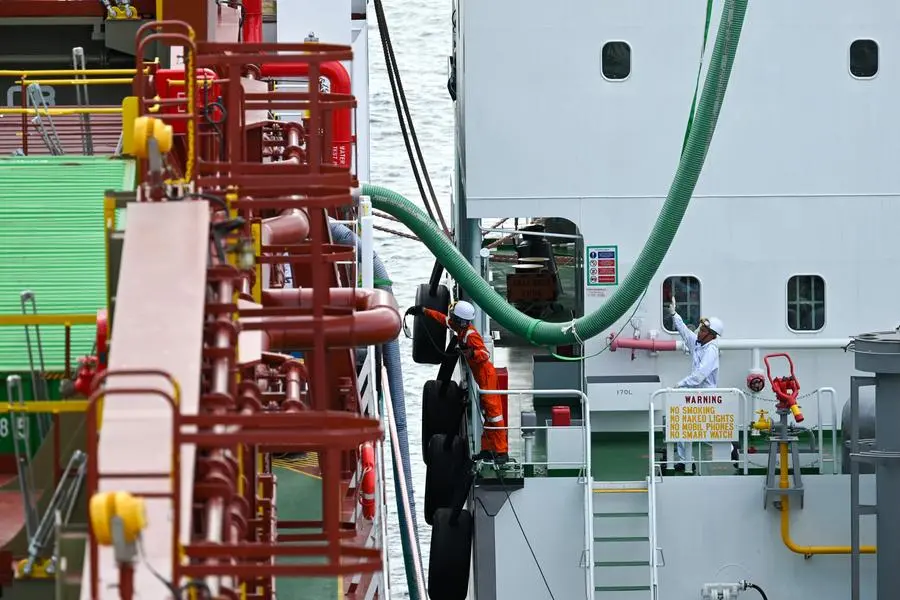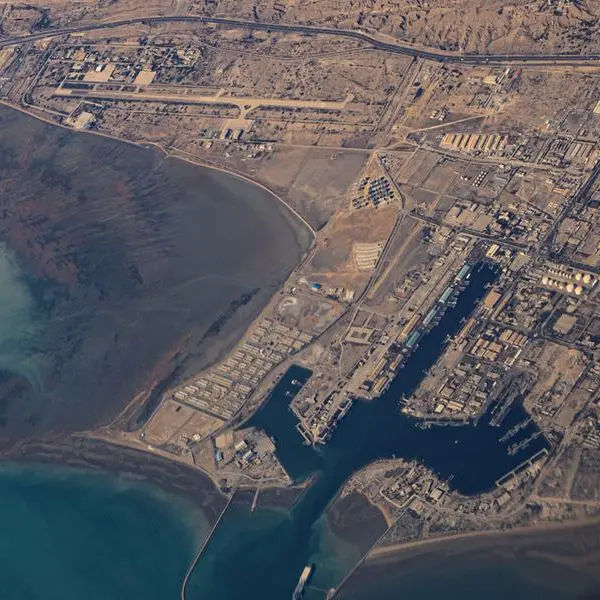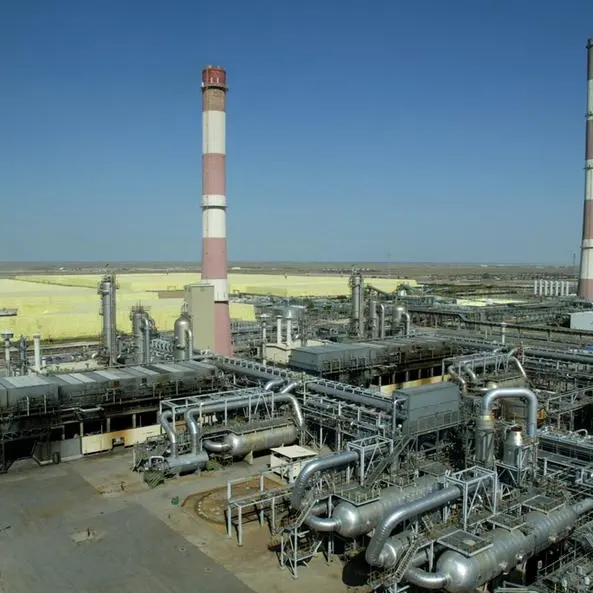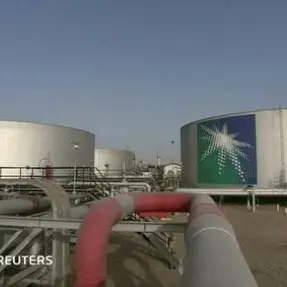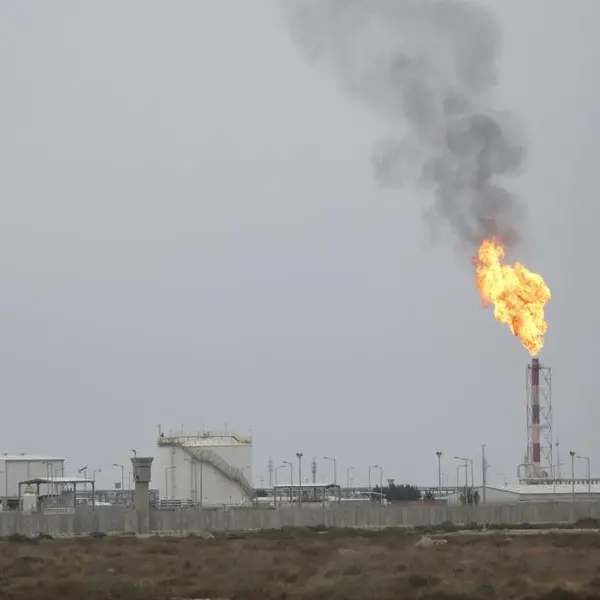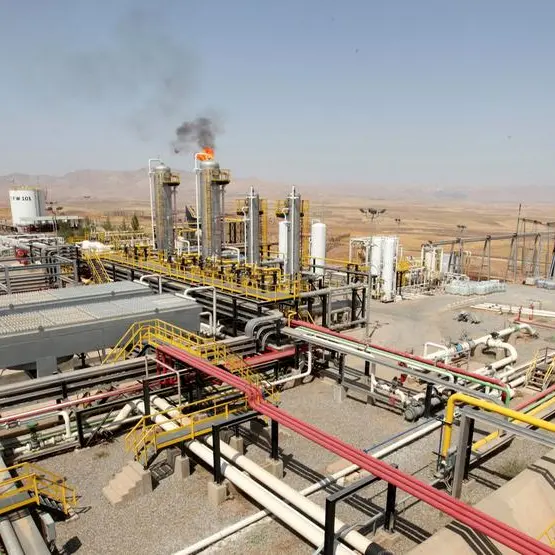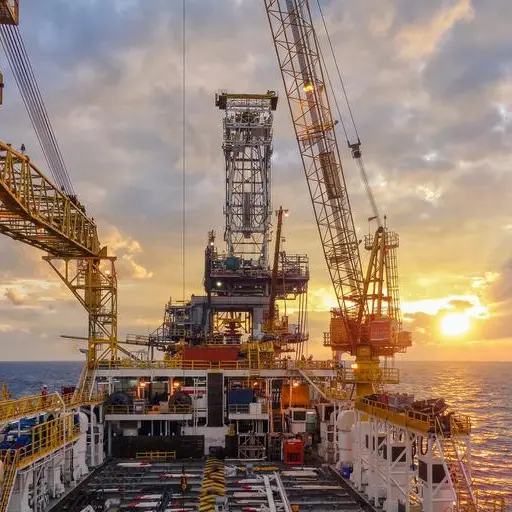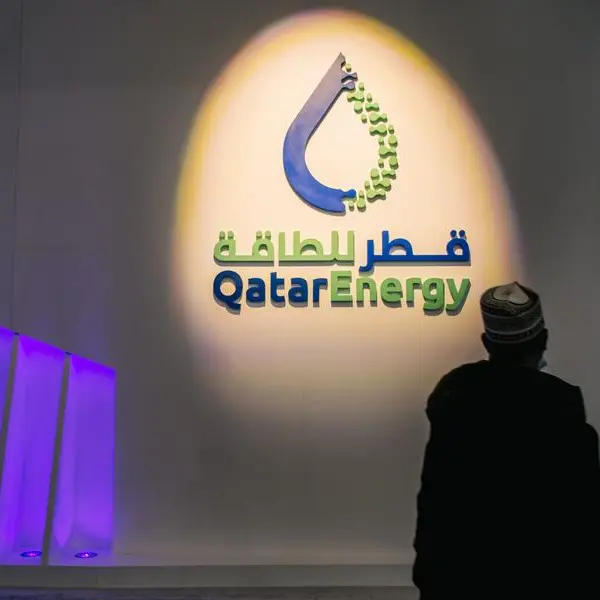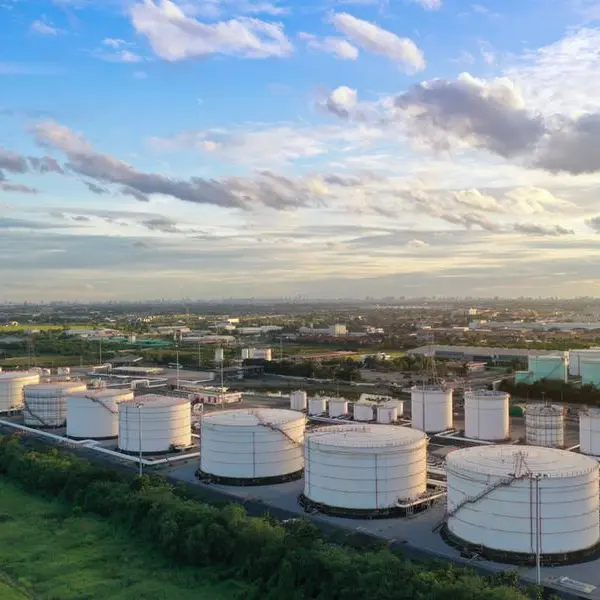PHOTO
AD Ports Group has signed a collaboration agreement to undertake a feasibility study for the development of an e-methanol bunkering and export facility at Khalifa Port and Khalifa Economic Zones Abu Dhabi (KEZAD Group).
The agreement was signed with the UAE’s Masdar, the Netherlands’ Advario and France’s CMA CGM Group.
The project will provide critical infrastructure to complete the supply value chain and bridge commercial e-methanol production with key off-takers, such as CMA CGM, the Abu Dhabi-listed AD Ports said in a statement.
Saif Al Mazrouei, Chief Executive Officer- Ports Cluster, AD Ports Group, said the development of an e-methanol bunkering and export facility in Khalifa Port will support the growth of the shipping industry and contribute to the reduction of carbon emissions by promoting clean energy sources.
Green hydrogen and its derivatives, such as e-methanol, are pivotal in decarbonising hard-to-abate sectors like shipping, said Dr Faye Al Hersh, Head of Green Hydrogen Business Development (UAE), Masdar.
“With over 80 percent of global trade transported by sea, fostering strategic partnerships is essential to establishing robust green hydrogen value chains and ensuring a more sustainable maritime industry,” Al Hersh said.
Christine Cabau Woehrel, Executive Vice President for Assets and Operations, CMA CGM Group, said the company is accelerating the decarbonation of shipping by investing in low-carbon solutions, with a fleet of more than 153 vessels capable of using low-carbon energies and synthetic fuels such as e-methanol operational by 2029.
The collaboration agreement follows a memorandum of understanding signed in 2023 between AD Ports Group and Masdar to explore the development of a green hydrogen hub within KEZAD.
The new agreement aligns with the Abu Dhabi Low Carbon Hydrogen Policy and the UAE’s National Hydrogen Strategy, which targets the scaling up of local hydrogen production to 1.4 million tonnes per annum by 2031 and 15 million tons per annum by 2050.
(Writing by P Deol; Editing by Anoop Menon)
(anoop.menon@lseg.com)
Subscribe to our Projects' PULSE newsletter that brings you trustworthy news, updates and insights on project activities, developments, and partnerships across sectors in the Middle East and Africa.
